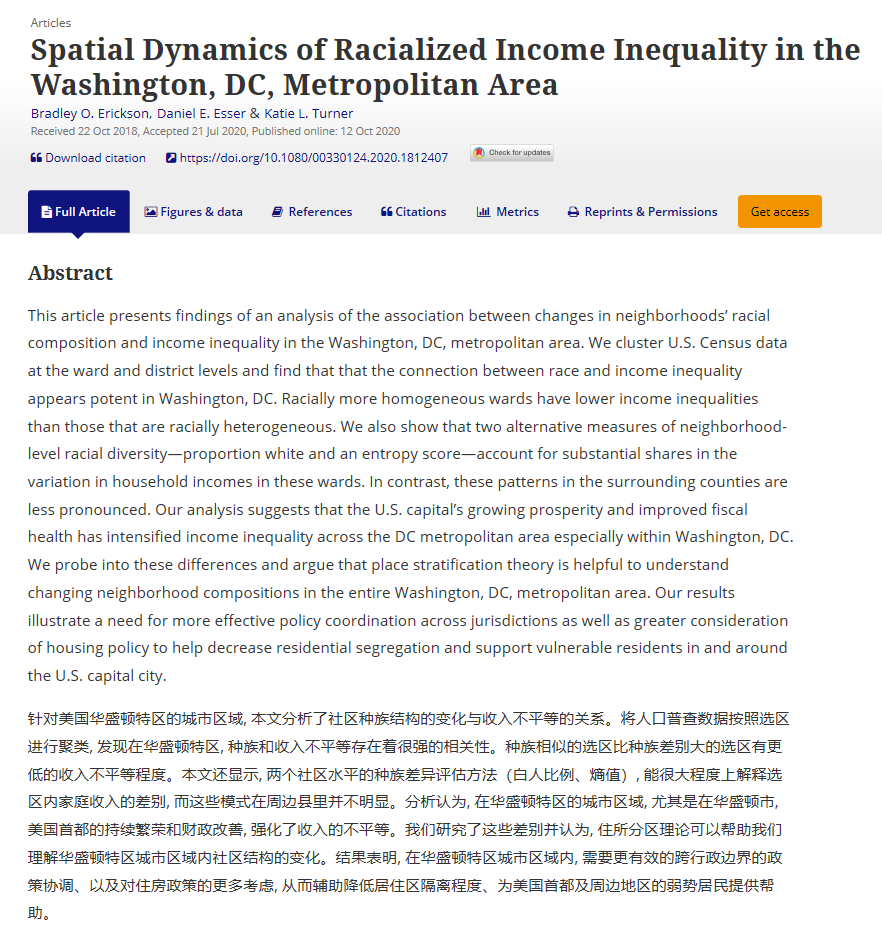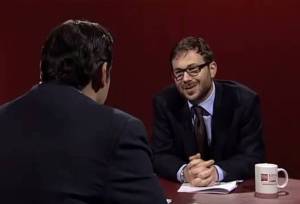In June, I attended a new event format launched by the World Bank Institute (WBI). The Innovative Cities: Global Dialogue brings together mayors, corporate interests, some fig-leaf activists and a large number of Bank staffers (and presumably academic researchers as well, though I saw very few) to discuss urban development challenges and opportunities. UN-Habitat and the Bank’s own Cities Alliance have been organizing similar gigs for years, so WBI is a little late… but better late than never.
I just finished watching the short clip on the event produced by WBI and circulated among participants earlier today. I am aghast… the Dialogue that I went to in June produced few new substantive insights. It did not, for instance, shed much light on concrete success factors to truly sustainable (triple bottom line?) partnerships. Nor did it raise the critical question to what extent, if at all, these can be generalized across regions. And what about urban democracies versus corporate machine politics?
Instead, almost all of the hand-picked panelists proclaimed ubiquitous urban win-win scenarios. Except for some of the mayors (thankfully!) and, if I recall correctly, two comments from the floor, speakers eclipsed the trade-offs inherent in urban economic growth–especially in the poorest countries that the Bank is allegedly so concerned about–by assiduously ignoring a wealth of empirical studies documenting challenges faced by urban micro initiatives that campaign for more equitable access to social services, some of which result directly from the elitist quest for “economic growth” (or is this now being used as a politically more digestible proxy for employment generation?).
During lunch break, I heard several critical voices whose concerns are echoed in my critique above. I was also approached by a fellow with a video camera who asked me for a 30-second statement on the morning session. I told him that my comments would not be too charming and that he might want to seek out more benevolent interviewees. No, he replied, critical perspectives were “exactly what [we] want to hear” in order to “produce a more balanced documentation.” Needless to say, I guess, that for some strange reason they aren’t featured in the clip.
All in all, an opportunity missed. Or maybe not: lunch was great. And economic growth, WBI-type, rules.



You must be logged in to post a comment.